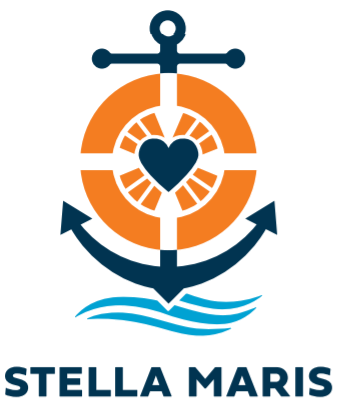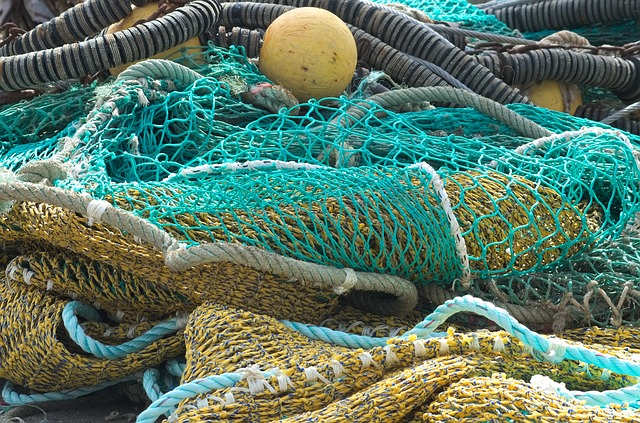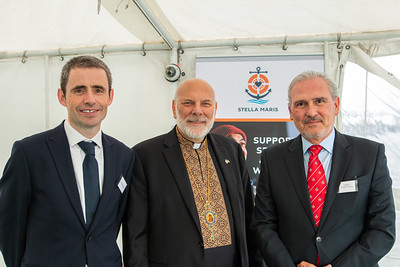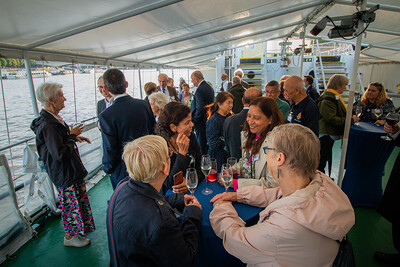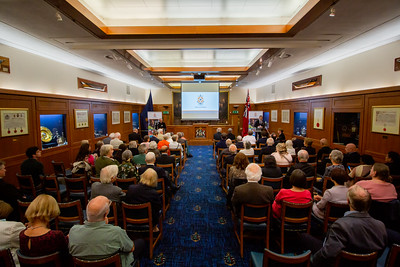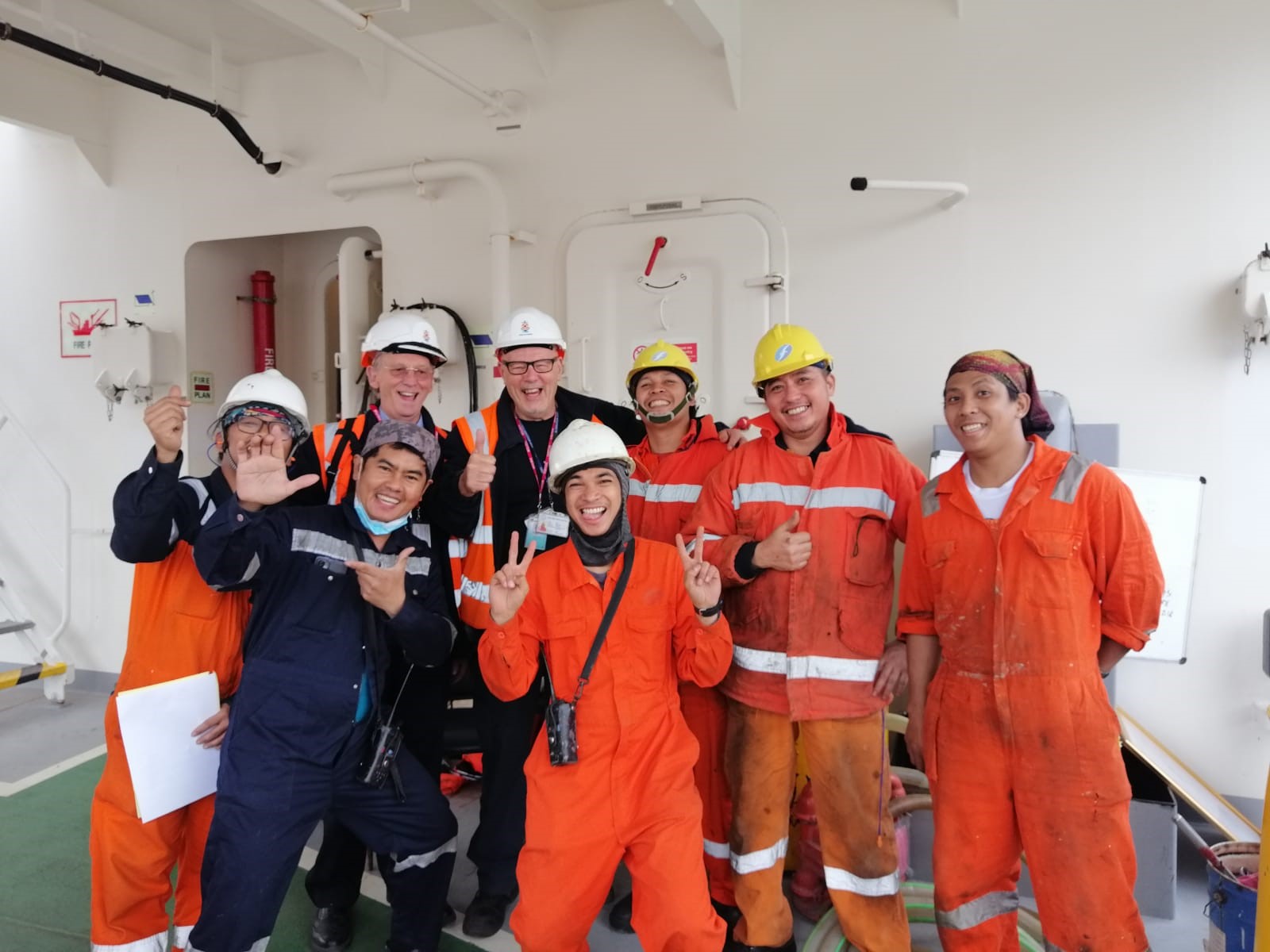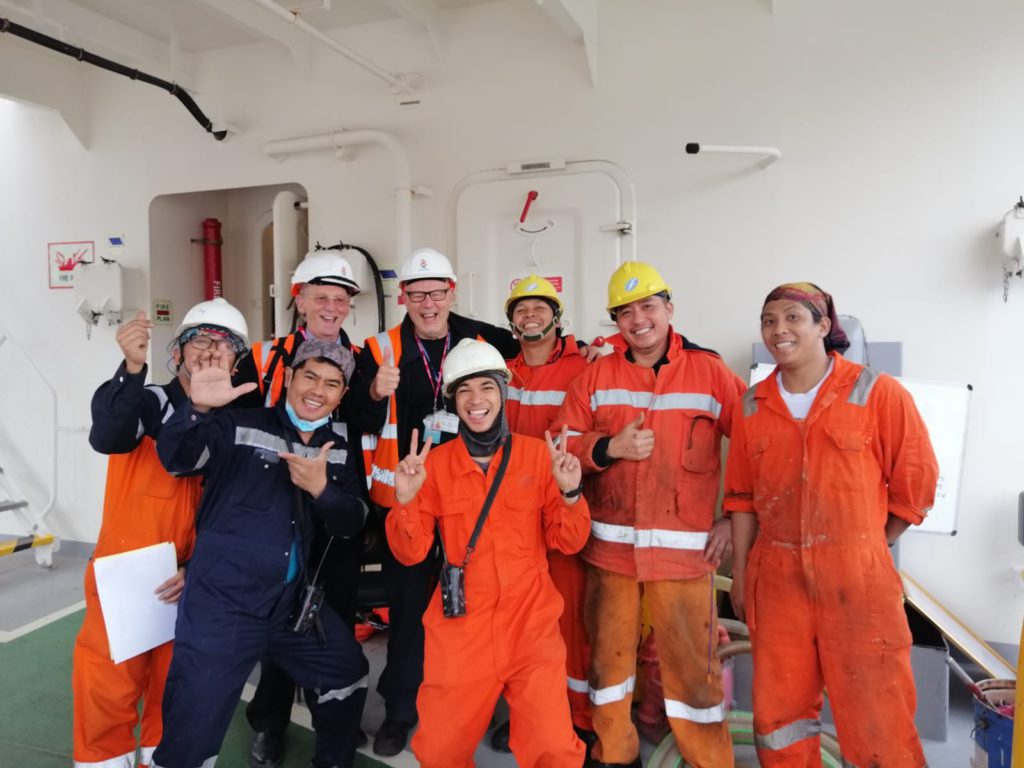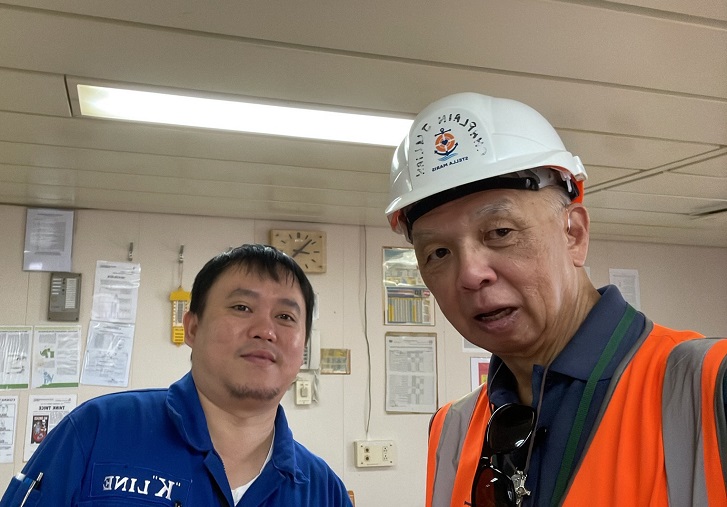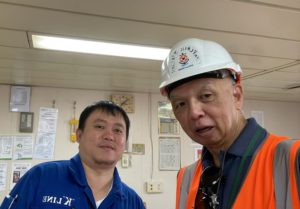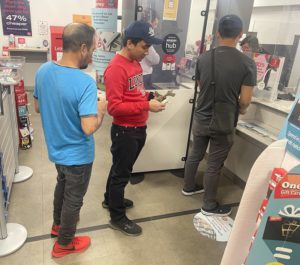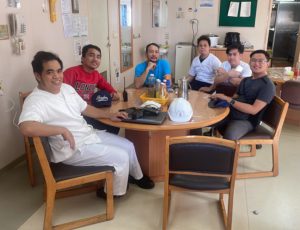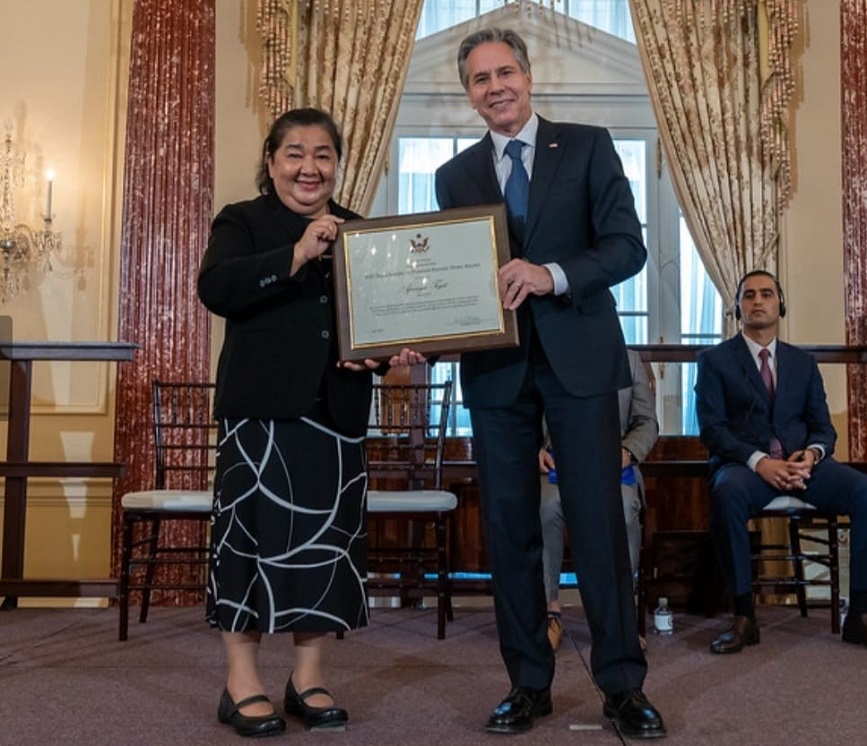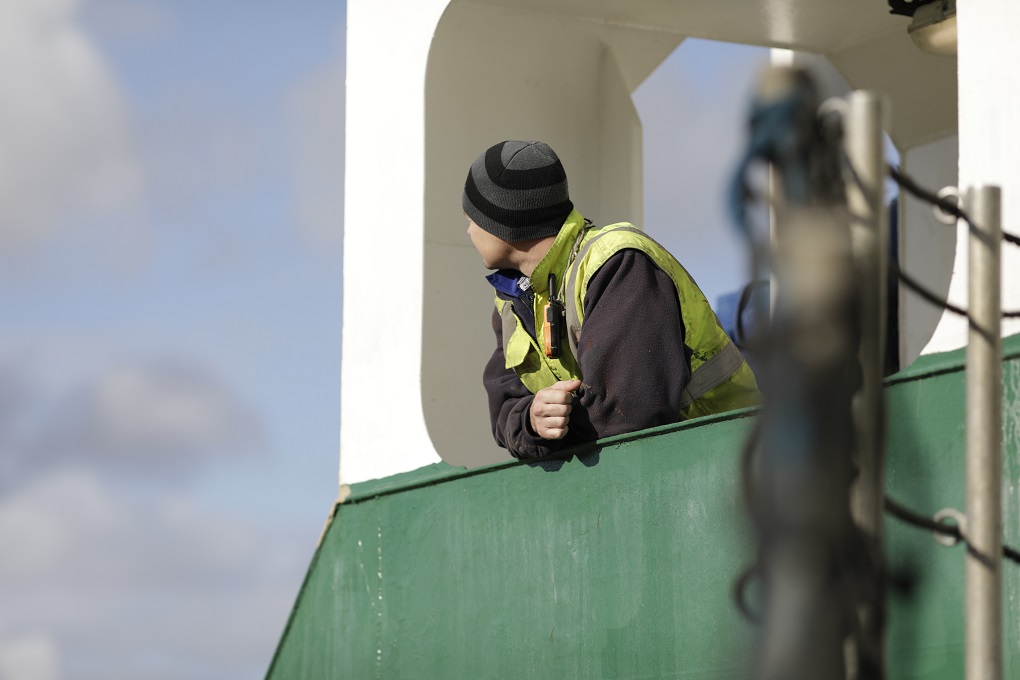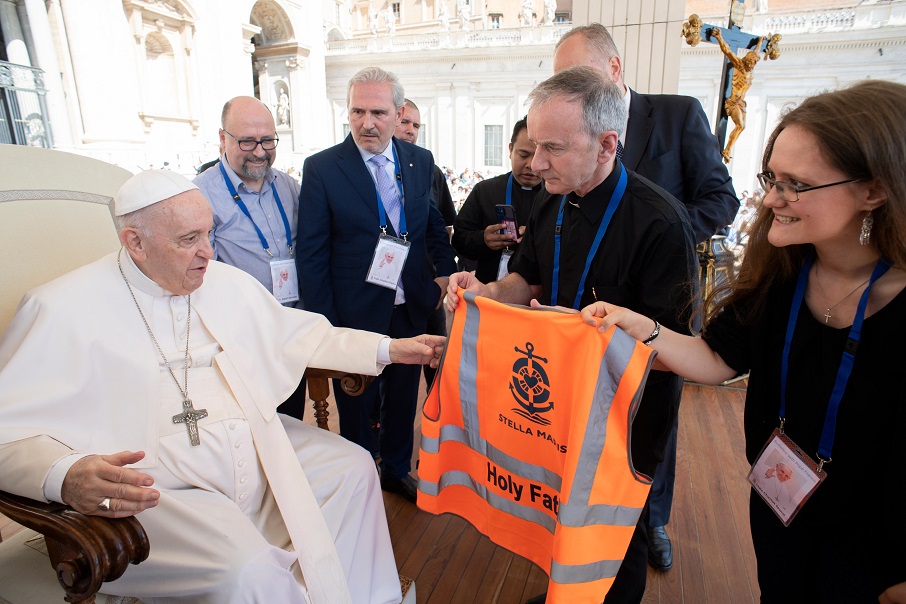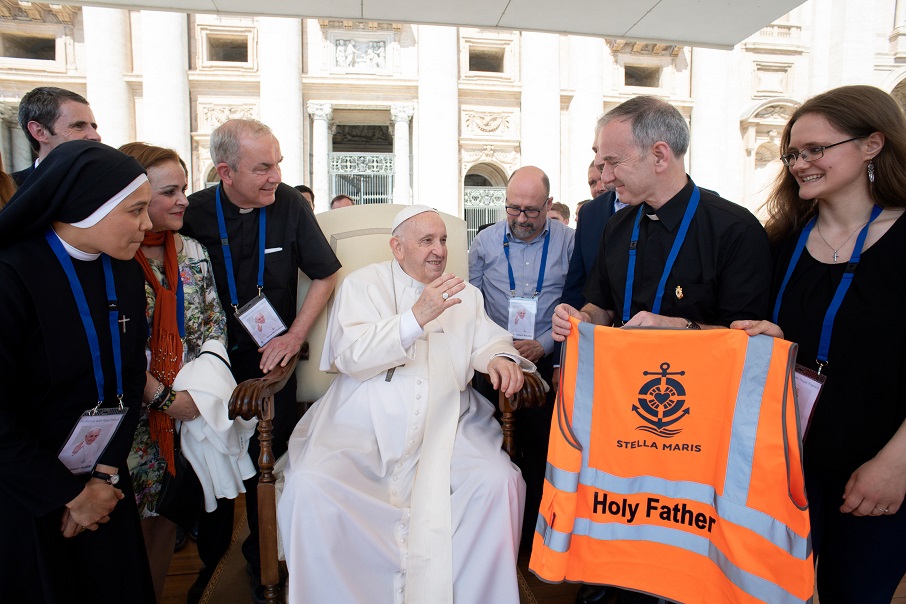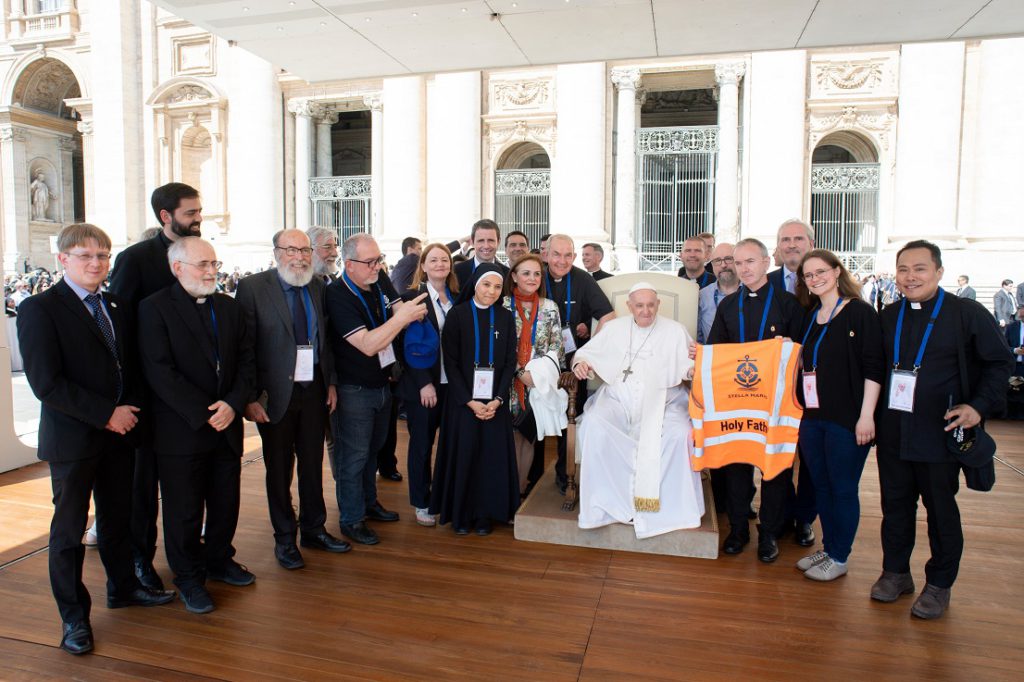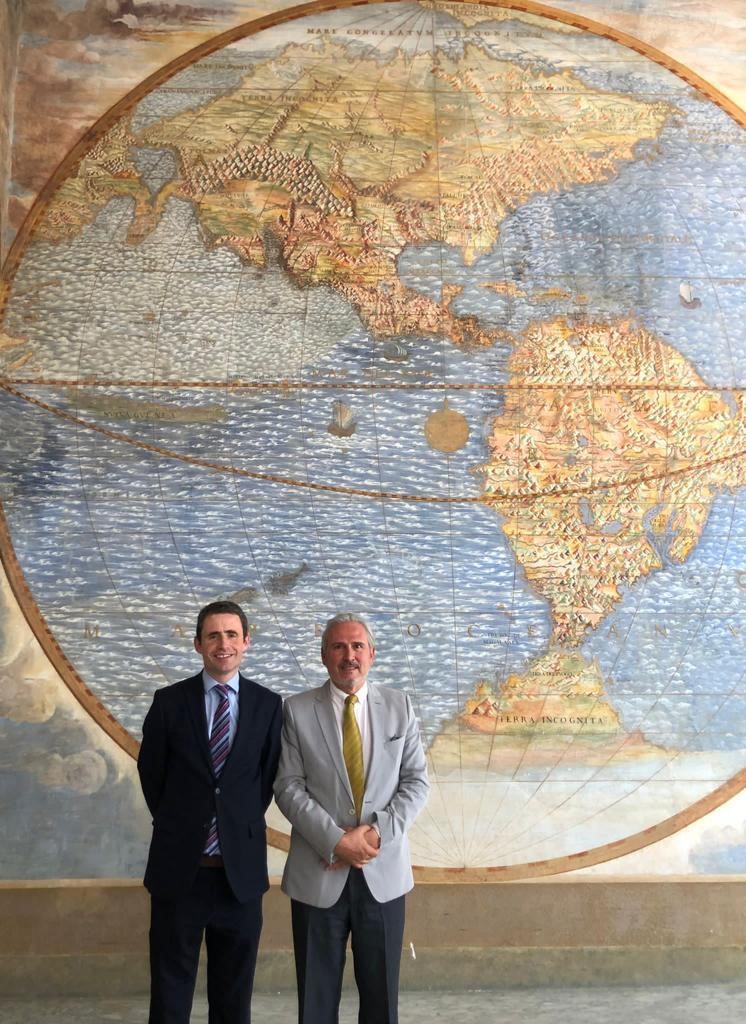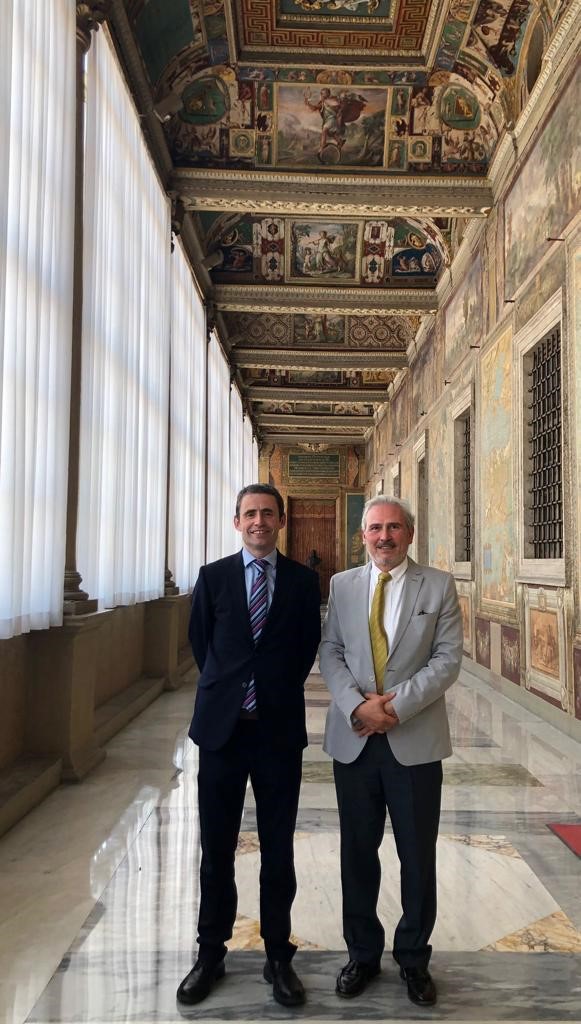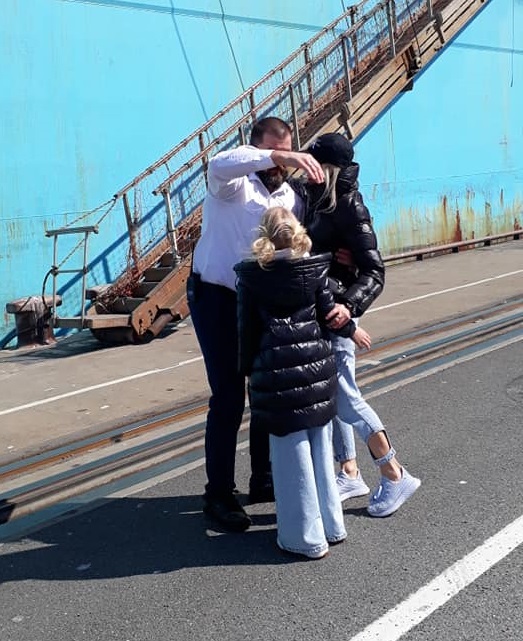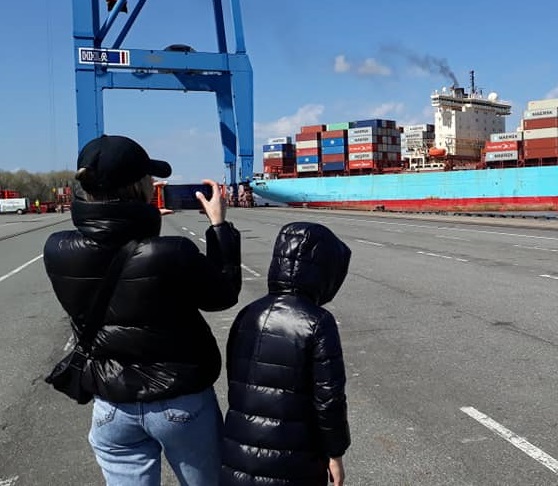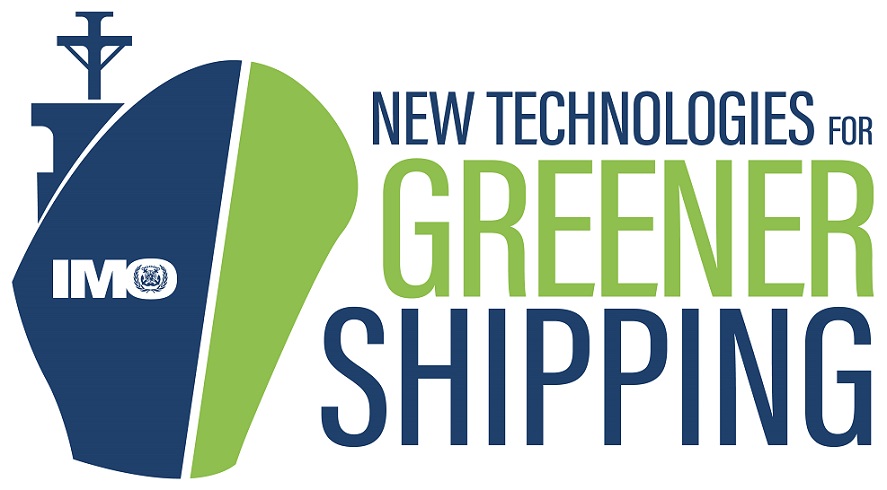
Stella Maris UK Chair of Trustees Captain Esteban Pacha and Stella Maris UK CEO Martin Foley have written a letter to the International Maritime Organization Secretary General Mr Kitack Lim for World Maritime Day, on 29 September 2022.
Below is the letter.
Dear Secretary General,
On behalf of Stella Maris, we would like to offer you our wholehearted support for this year’s
World Maritime Day theme, ‘New technologies for greener shipping’.
In his Encyclical Letter, Laudato Si’, Pope Francis mentions that an integral ecology
encompasses the environmental, economic, and social ecology; cultural ecology; the ecology
of daily life; the principle of the common good; and justice between the generations. In this
sense, the environment is not regarded as something separate from us or as a mere setting
in which we live. We are part of it, included in it and thus in constant symbiotic interaction
with it. A crisis of the environment necessarily means a crisis for humanity. A crisis of our
oceans and seas necessarily means a crisis for us, especially, the people of the sea and local
fishers. For as Pope Francis observes in Laudato Si, “We have to realize that a true ecological
approach always becomes a social approach; it must integrate questions of justice in debates
on the environment, so as to hear both the cry of the earth and the cry of the poor.”
Stella Maris recognises that greener shipping is not only beneficial for the environment, but
also for the seafarers, fishers, and families we serve and who depend on the marine
environment for their livelihoods.
Thank you for using the platform of World Maritime Day to raise the profile of this critically
important issue.
Stella Maris looks forward to continuing to work with you and your IMO colleagues to
promote seafarers’ welfare.
Yours sincerely,
Esteban Pacha, Chair of Trustees
Martin Foley, Chief Executive Officer


